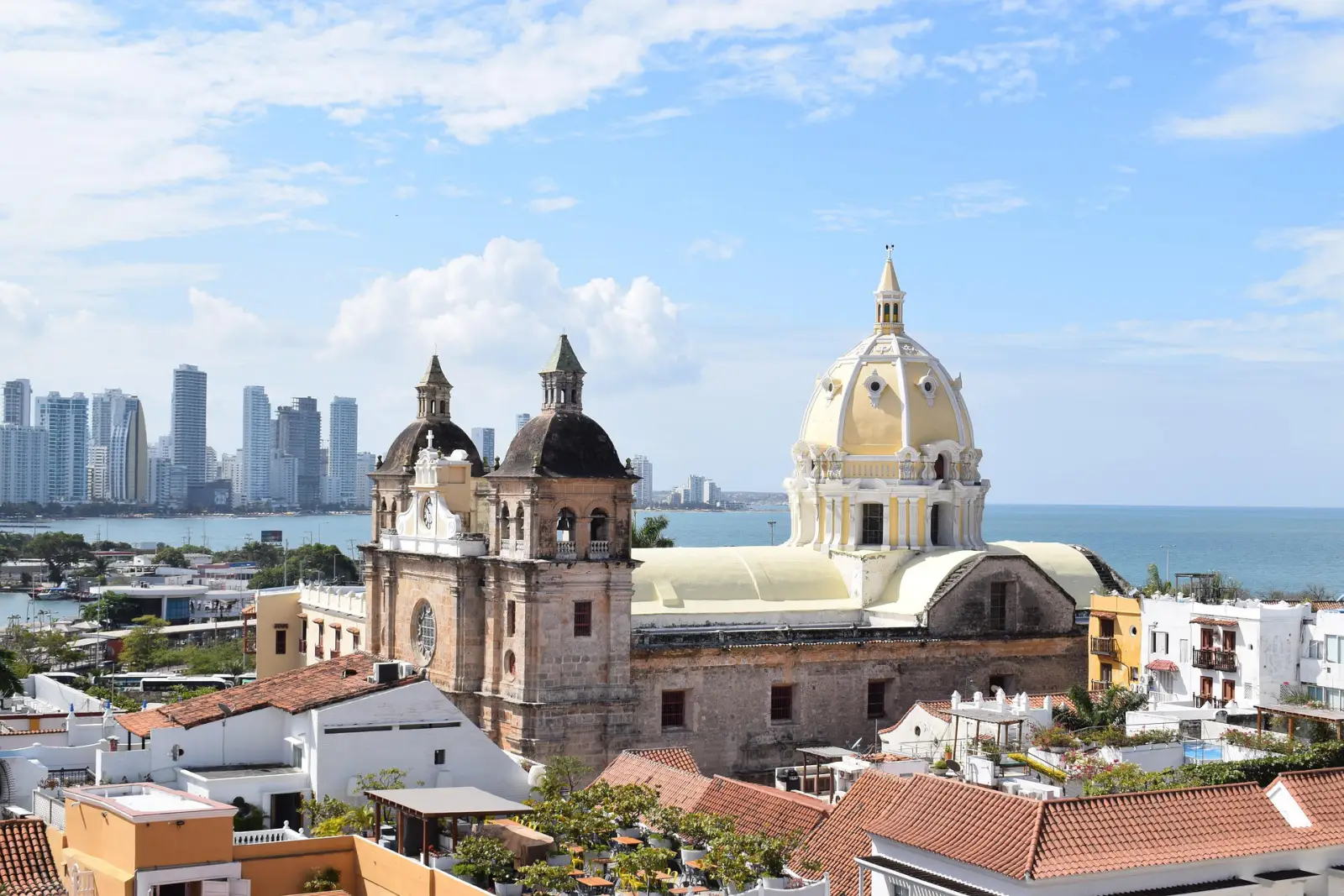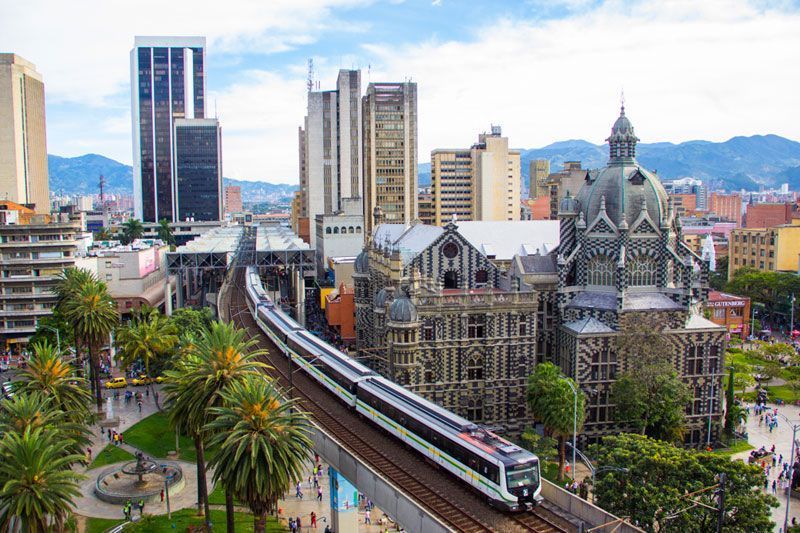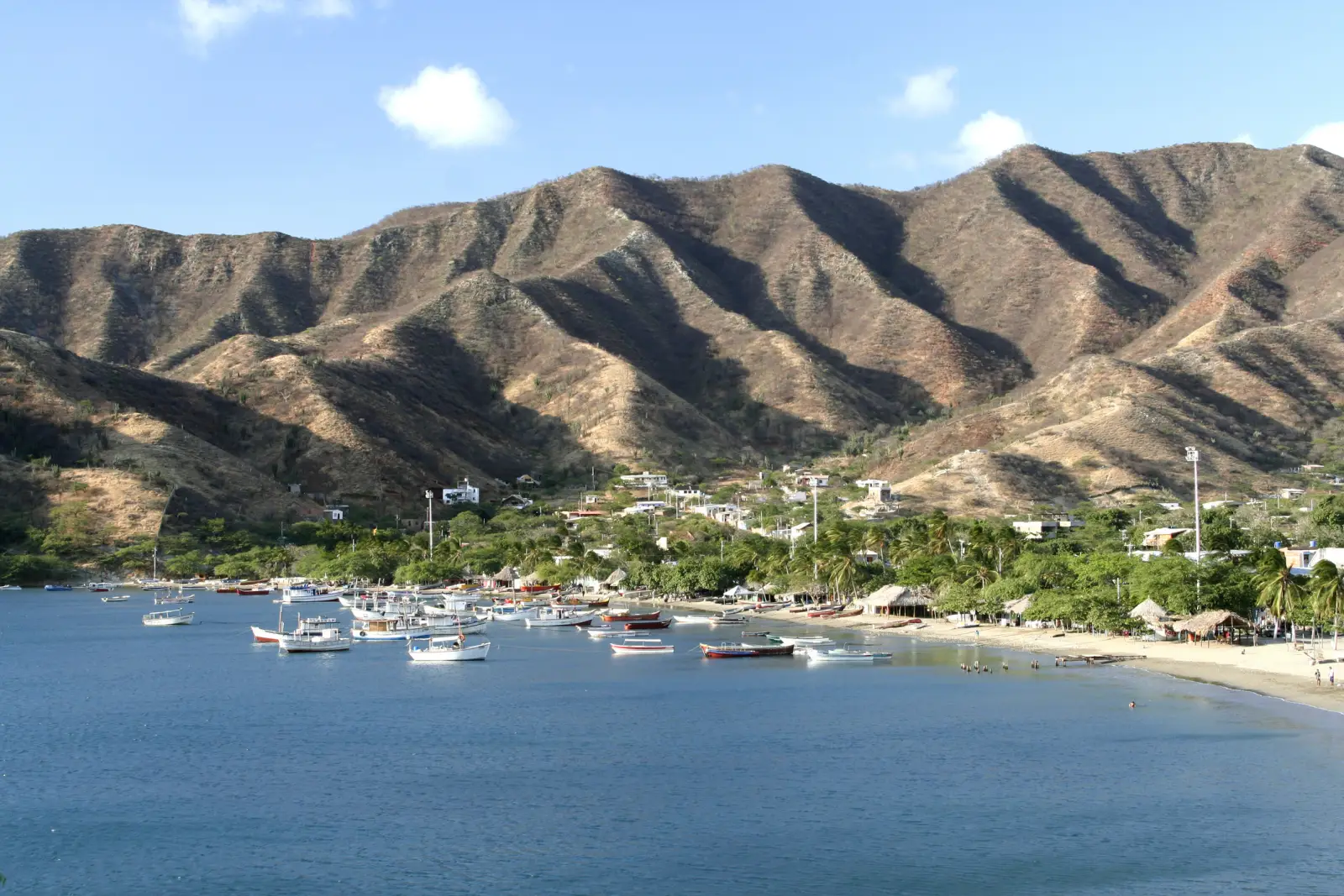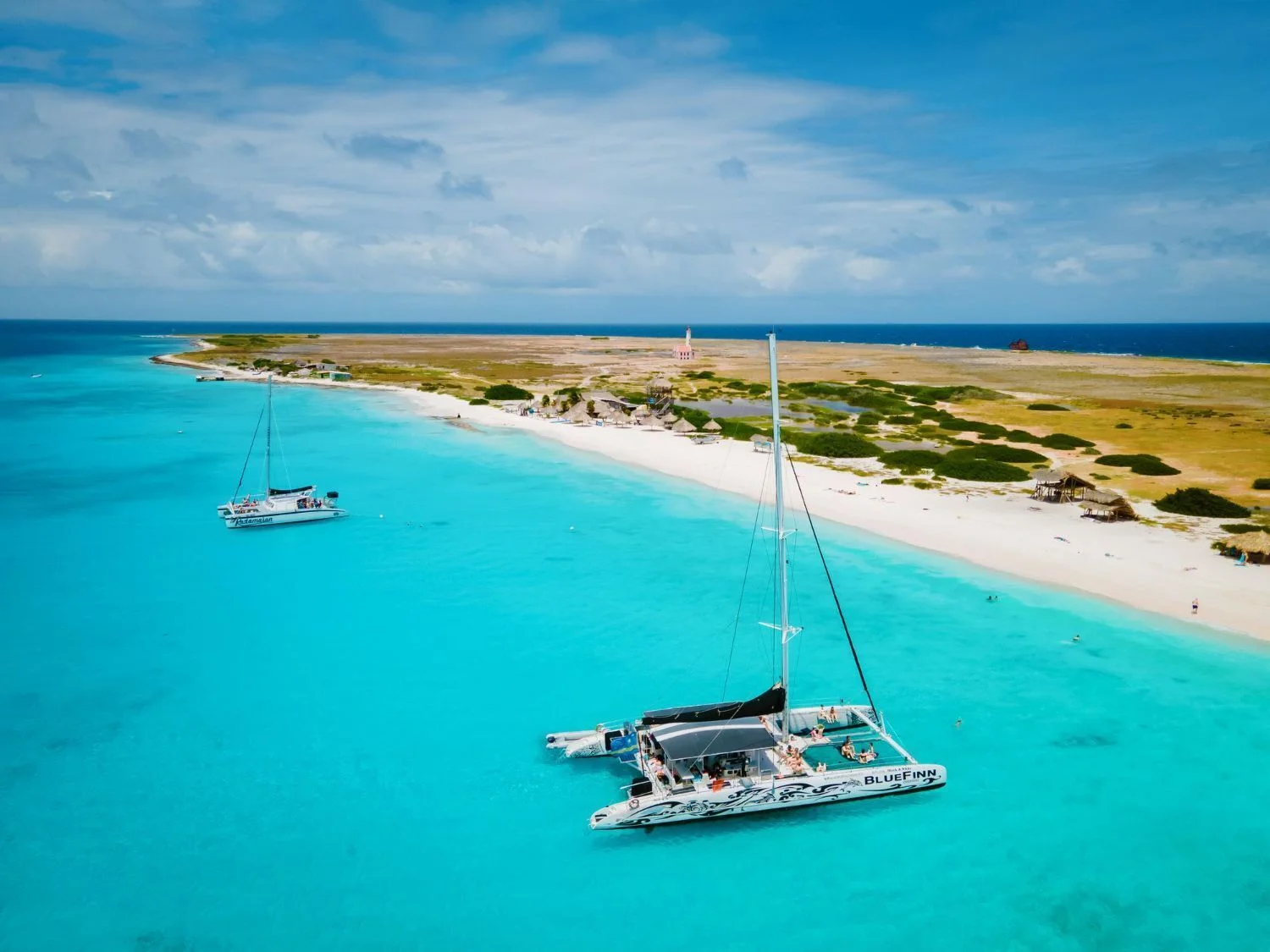Colombia is one of the most biodiverse and culturally rich countries in South America. With its vibrant cities, stunning coastlines, lush jungles, and welcoming people, it’s no surprise that the country has become a favorite for adventurers, eco-tourists, and digital nomads alike.
But beneath the beauty, travelers in 2025 are facing a more complicated reality—one that involves health alerts, regional conflict, and growing international travel advisories.
Rising Health Risks in a Tropical Paradise
A nationwide public health emergency was declared in April 2025 due to a severe outbreak of yellow fever. The virus, spread by infected mosquitoes, has already claimed at least 22 lives and infected 54 people across the country, according to Colombian health officials. The department of Tolima has been the most affected, but cases have also been confirmed in other regions. Authorities have launched mass vaccination campaigns, especially targeting older adults and travelers heading to higher-risk rural areas, reported El País.
While yellow fever is preventable with a single dose of vaccine, travelers need to plan well ahead and make sure their immunization is up to date. The outbreak has caused concern for visitors hoping to explore Colombia’s national parks and off-the-beaten-path destinations where mosquitoes thrive.
Conflict Zones and Displacement in the Northeast
The northeast region of Catatumbo, in the department of Norte de Santander, has become the center of a new wave of violence. Armed clashes between FARC dissidents and the National Liberation Army (ELN) have been intensifying since January 2025. The conflict has already left over 100 dead and displaced more than 50,000 people. The government has declared a state of emergency and deployed military forces to stabilize the area.
Travelers are strongly advised to avoid this region, not just because of the armed conflict but also due to limited infrastructure and poor access to emergency services. While many of Colombia’s top tourist destinations—like Cartagena, Medellín, and Bogotá—remain relatively calm, this localized violence underscores how fast things can change on the ground.
Official Travel Warnings from Around the World
As of April 2025, the U.S. Department of State classifies Colombia as a Level 3 travel destination, urging citizens to “Reconsider Travel.” Their advisory lists risks including crime, terrorism, civil unrest, and kidnapping. Kidnappings—though significantly reduced from levels in the past decades—are still reported, especially in remote or disputed areas.
Australia’s Smartraveller service echoes similar concerns, referencing recent bombing incidents in Cauca and Norte de Santander, and the persistent risk of armed groups. These advisories do not necessarily mean canceling a trip, but they do call for a higher degree of preparation, awareness, and flexibility.

Tourism’s Bright Spots Still Shine
Despite these warnings, not all of Colombia is under threat. Birdwatching has become a booming niche for eco-tourists. Colombia hosts more bird species than any other country on the planet, and 2025 has seen a continued increase in birding tours that support conservation efforts and local communities. The Andes, the Amazon basin, and coffee regions remain safe zones for this kind of travel, reported Vox.
Many travelers report overwhelmingly positive experiences in major cities and well-managed nature reserves. Digital nomads continue to base themselves in Medellín’s trendy El Poblado district, while coastal hubs like Cartagena remain as photogenic and lively as ever.

Still, even in popular spots, caution is warranted. In Santa Marta, a Caribbean city popular with international tourists, an Italian scientist was recently murdered. According to Colombian media and international reports, he may have been the victim of mistaken identity in a gang-related hit. While not common, this tragic event reminds travelers to stay alert.
Don’t Forget Your Passport’s Condition
Beyond safety and health, another issue has caught travelers off guard: passport requirements. A Colombian traveler was recently denied boarding at Bogotá’s El Dorado Airport due to a slightly damaged passport. Migration Colombia later clarified that travelers should ensure their passports are in good condition and valid for at least six months. Even minor tears, water damage, or loose covers could create problems.
It’s a small detail, but one that could derail your entire trip if ignored. Check your travel documents carefully before heading to the airport.

ID 655231 | Beach ©
Dario Diament | Dreamstime.com
Colombia in 2025 is not a one-size-fits-all destination. It offers once-in-a-lifetime experiences, cultural depth, and natural beauty that few countries can match. From the rainbow-colored rivers of Caño Cristales to the colonial charm of Barichara, the country is packed with awe-inspiring scenery and heartfelt hospitality. You could spend your morning hiking to ancient ruins in the Sierra Nevada de Santa Marta, your afternoon sampling world-class coffee in Salento, and your evening dancing salsa until sunrise in Cali. But with that richness comes complexity.
Colombia also demands a higher level of vigilance, planning, and personal responsibility. Travelers must stay up-to-date with regional advisories, health alerts, and local guidance. Venturing into rural or unfamiliar areas without preparation can pose risks. This is not the kind of destination where you can simply “wing it” without consequences.
Still, for those who do their homework, the rewards can be extraordinary. Whether you’re trekking in the Andes, navigating Bogotá’s dynamic food scene, floating down the Amazon River, or just sipping a cup of freshly brewed tinto in a Medellín plaza, Colombia will leave an impression that lasts long after your plane touches down. It’s a place of contrasts—where raw beauty meets unpredictable reality, and where unforgettable moments await those willing to approach it with open eyes and a cautious heart.
Would you still travel to Colombia after reading this? Share your thoughts or experiences in the comments below.







